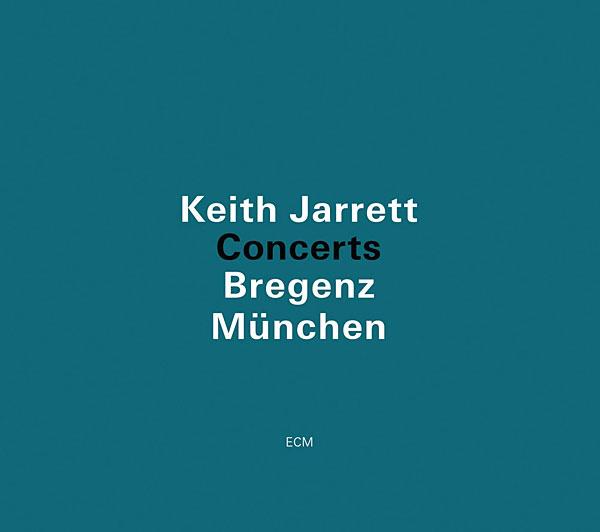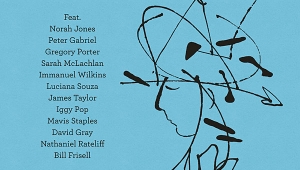| Columns Retired Columns & Blogs |
Geez, Keith Jarrett music and no one shows any love?! True, he is "special". And by special, if you have had the "chance" of meeting him, he can be somewhat, moody...
I once saw him take a fit, get really mad at people taking his picture with flash at a concert. Wow!
But, his music is awesome! Listen to the music, not the man.






































